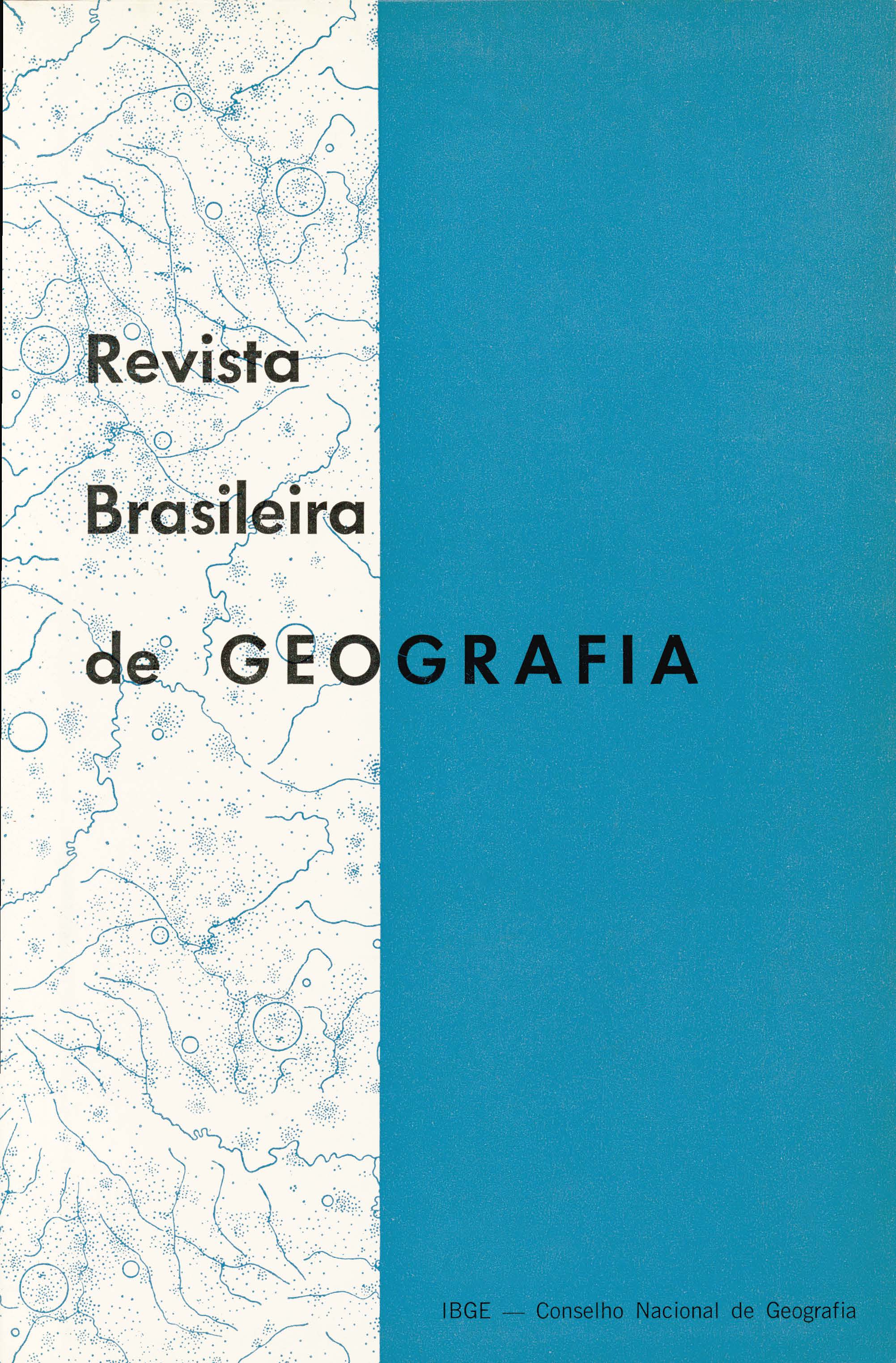Meio ambiente e modernização agrícola
Palavras-chave:
Inovações Agrícolas, Ecologia, Degradação Ambiental, Agricultural Innovations, Ecology, Ambiental degradationResumo
Abstract:
The study of matters related to the topic environment and rural land use has become increasingly relevant as long as agricultural practices, that in Brazil are said to be modern, have been presenting not only poorly significant results concerning agricultural productivity but also a parallel progressive environmental deterioration.
The two main factors responsible for the environmental deterioration are the chemical pollution - a consequence of the use of agricultural chemicals for fertilizing or defending the soil - and the erosion - greatly increased by the intense moving of the soil (plowing and harrowing). Another point that also puts in question the current land-use pattern is its extreme dependence on fossil fuels, a fact that implies a progressive increase in the cost of productlon, especially after the so-called oil crisis.
In view of the situation it is essential to assume a methodological attitude which, besides describing the phenomenon, may lead to an economic logic in the operation of the sector, as the environment and the problems involved are here considered as a cumulative result of the socioeconomic organization. The point is, thus to try to explain the course taken by technological progress in agriculture. In this case, it is necessary to search for the genesis of modern agricultural practices. The modernization in agriculture is related to the advance of the industrialization process, since the Industrial Revolution. Due to the emphasis on the social division of labor under the hegemony of the industrial capital, the agricultural sector h as become relatively specialized in the agricultural production strictu sensu. In this way, industry has undertaken the production of a variety of goods previously provided by the agricultural unit. This fact is expressed by the progressive subordination of the agricultural unit to the market injunctions and by an increasing strengthening of the relations between agriculture and industry.
In Brazil the situation has been intensified, especially after the implantation of the state agricultural credit policy. Being the main agent of capitalist modernization in the rural sector, it imposes on the farmer a given land-use pattern and, sometimes, obliges him by means of contractual clauses to buy and adopt a true technological package. According to the prevaling point of view, this is the only way to increase agricultural productivity. The consequent environmental damages are considered as a "necessary evil" in the way towards economic development. To put into practice an ecologically balanced agriculture at the level of the present population is said to be impossible. In fact, from a strictly technical point of view, there are several alternatives. An ecologically balanced agriculture doesn't mean a regression, a return towards the past - just the opposite.
However, if the set of alternatives today is still limited, it is due not to the lack of alternatives but to the fact that the effort employed in scientific research in the agronomical area has been obliquely done, according to the interest of the industrial capital to which the agricultural development is subordinated.






